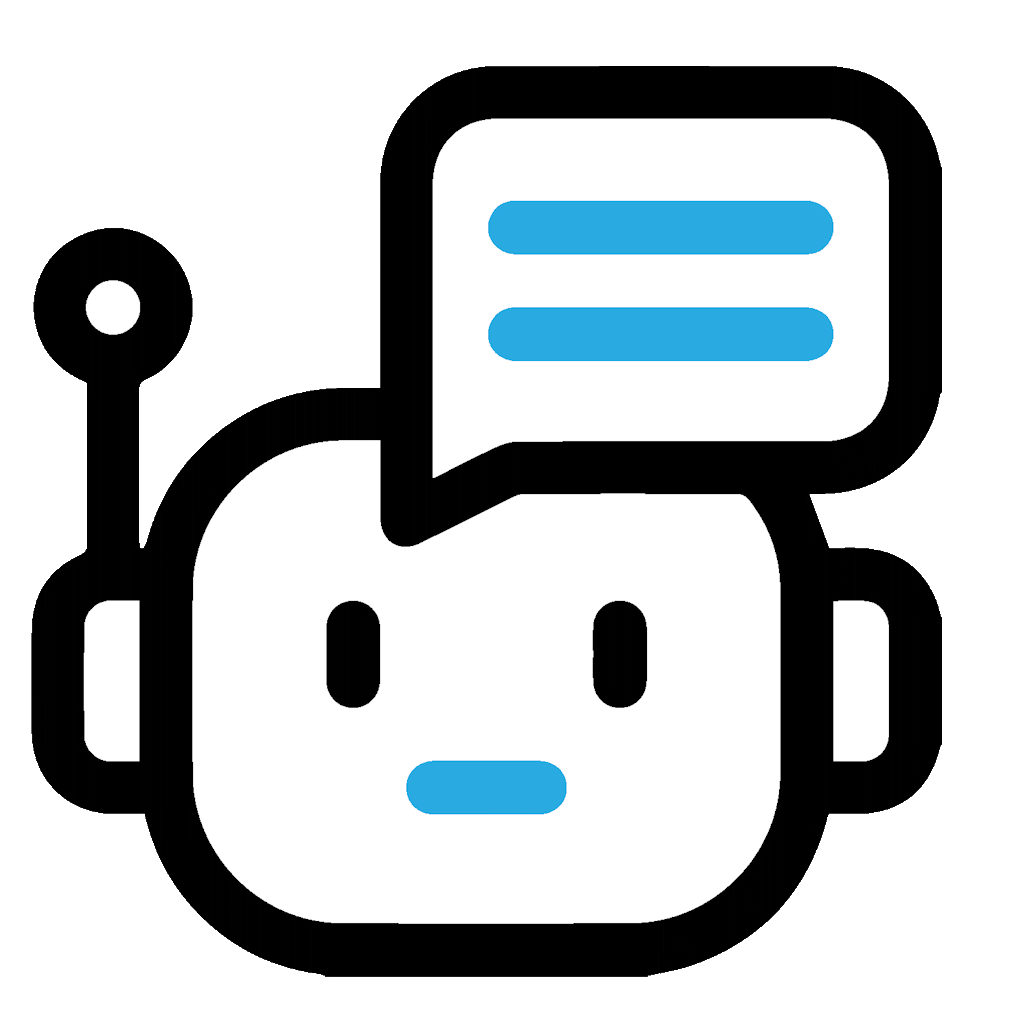Artificial Intelligence has become the norm. It has spread into our lives rapidly, and now we can see it in every other sector. From home automation to mechanics, AI is everywhere now. Technology advancement comes with its own perils. It is like a double-edged sword. If put to the right use, this technology has the greatest revolutionizing potential for this age. There are no fixed and hard rules for the use of AI. However, there are general ethical rules that are applied to it.
Kids are the future, and they have to contribute to the advancement of AI. Making them learn AI ethics from an early age will deeply integrate the principle and help them replicate that. The safe use of technology is beneficial for all ages of users, let alone kids. Active awareness campaigns at the school level can make kids cautious about how to handle AI with safety.
The Importance of Ethics in AI
AI plays a bigger role in everyday life. It affects decisions in healthcare, finance, and education. This common use shows that we need to think about ethics in AI. Ethics in AI helps these technologies match our values, protect people’s rights, and avoid causing harm.
Ethics is a part of philosophy. It asks questions about right and wrong. Ethics helps us judge actions and decisions. It guides people and organizations to act in ways that fit with society’s rules and values.
- Real-World Implications of AI Decisions: AI decisions can have real effects on people and communities. For example, AI can be used to hire jobs. It can make decisions that may be unfair, which impacts job chances for some groups. We need to develop AI ethically to reduce these problems.
- Ethical Dilemmas in AI: Some cases show ethical problems in AI. For example, facial recognition technology can invade privacy and could mix up identities. These examples show we need guidelines for the ethical use of AI. This ensures AI is used in a fair and responsible way.
To create an ethical online world, we need clear rules for AI development. These rules should focus on transparency, accountability, and fairness. Companies should teach their developers about AI ethics and talk with people involved to solve new ethical issues in AI.
Key Ethical Principles
In AI, it is very important to follow key ethical principles. These principles are necessary for making and using technology in a responsible way. They include fairness, accountability, transparency, and privacy. These principles build trust and protect human rights in AI.
- Fairness: Fairness is important because AI can repeat the same biases in the data it learns from. This can cause unfair results. Using different datasets in AI training helps the system work fairly for different groups. This reduces the chance of unfair decisions and supports fairness.
- Accountability: Developers and organizations should take responsibility for the actions and decisions of AI systems. They need to make sure these actions match the ethical standards and values of society. It is also important to have ways to report and fix AI system problems to keep trust and improve reliability.
- Transparency: It is important to use AI cautiously at work and clearly explain what AI systems can and cannot do. This helps users trust the systems and use them wisely. When people understand how AI makes decisions, they can check if the outcomes are fair and valid. This supports accountability and understanding.
- Privacy: Strong data protection measures can help keep personal data safe from unauthorized access. Getting informed consent is important, and respecting people’s privacy rights is necessary for ethical AI practices. This ensures personal data is managed safely and properly.
Following these important ethical principles is very important. This helps AI technologies grow while also respecting fairness, accountability, transparency, and privacy. These principles build trust and proper use in society.

Teaching AI Ethics to Kids
Teaching kids about AI ethics is very important in today’s world of technology. When we teach children about AI ethics early, we help them face challenges and opportunities in an AI future with responsibility. Understanding these ideas helps create a generation that cares about fairness, accountability, transparency, and respect for privacy in technology.
1. Interactive Lessons and Workshops
Hands-on activities and workshops are great ways to explain difficult AI ideas to kids. Through fun exercises, children can learn how AI works and why ethics is important. Workshops make learning enjoyable and give a practical understanding of how technology is used in real life. This helps kids connect ideas they learn at school to technology that they use every day.
2. Storytelling and Relatable Scenarios
Storytelling is a good way to help children learn about AI ethics. When kids hear relatable stories about AI problems, they can see what happens with good and bad choices. This method helps them feel for others and makes hard ideas easier to understand.
3. Encouraging Questions and Critical Thinking
An open and interactive space helps children ask questions and think deeply about AI ethics. When they look at topics like bias, accountability, and privacy, kids can make their own smart opinions. Talking about these ideas helps them learn how to think about the ethical parts of AI systems and their uses.
4. Role-Playing Ethical Dilemmas
Role-playing lets children act like decision-makers in AI-related problems. This activity helps them look at different views, see the complications of ethical issues, and think about how choices change people and society. These games also help them solve problems and work in teams.
5. Designing a Simple AI Project
Helping children to create simple AI projects teaches them about the technical and ethical sides of AI development. When they talk about the good and bad sides of their projects, kids learn to think carefully about what their work can do. AI educational assistants can combine creativity with responsibility.
6. Group Discussions and Presentations on Ethical AI Use
Group discussions and presentations let children share their ideas and work together on AI ethics. These tasks improve their speaking skills, promote teamwork, and help them understand why ethical AI is important. Sharing with friends also makes learning fun and memorable.
By using these methods, we can grow a group of children who understand AI technology and care about ethics. This approach helps make a responsible and inclusive tech future.
Real-World Applications
Some technology companies put policies in place to protect children’s privacy and rights online. For example, the Age Appropriate Design Code puts rules that online services for children must follow. These rules help create safer places for children and make tech companies act responsibly.
In schools and communities, AI ethics is more and more part of the education system. Classes that focus on fairness, accountability, and transparency teach students to use AI ethically in a good way. These efforts help students understand ethics in technology and make them think about its effects.
When we encourage kids to talk about ethical problems in technology, we make them feel responsible. Discussions, workshops, and group work give them safe places to share their thoughts and talk about ethical issues. This open talking helps build their confidence and makes them understand that they are responsible for ethics.
Working with others is another good way to create a culture of ethical responsibility. When students and teachers work on projects together, they can look at ethical problems from different sides. This teamwork helps students learn to solve problems and find better, fair solutions to tech challenges. It also shows them that working together is important for a fair digital future.
Conclusion
As AI becomes part of our everyday lives, we need to ask how we can help kids learn about AI ethics. We should not just teach them about responsibility. We must help them feel curious and creative about AI, too. Encouraging children to ask how systems work is important. They should know who designs these systems. They should also ask why these systems exist. This can spark new ideas. Children must not just use AI technology. They need to have the skills to create it. This will help ensure that future AI shows different values and views.
Teaching kids about AI ethics is important. It is not only about what is right or wrong. It is also about helping kids understand other people. They should think about the effects of technology on society. By looking at real situations, children can learn about biased algorithms. They can also think about ethical problems with automation. This helps them think hard about the effects of AI choices. An understanding like this can help create a generation that cares about fairness. They can also care about including everyone in their work. We are not just making responsible AI users. We are also helping to build thoughtful leaders for the digital world.

